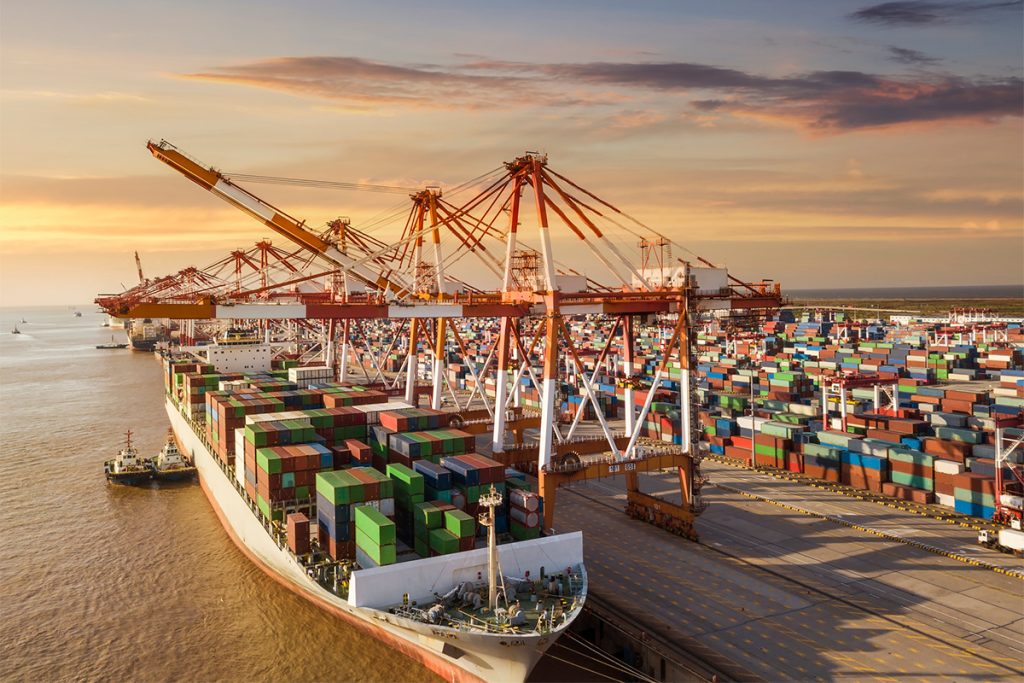Temperature-controlled storage is an essential component in safeguarding pharmaceuticals within complex logistical chains. The stringent temperature requirements for pharmaceutical products, which include vaccines, biologics, and sensitive medications, demand precise and consistent environmental control to ensure their safety and efficacy. This critical aspect of the pharmaceutical supply chain directly impacts patient health and safety, as well as the financial viability of pharmaceutical manufacturers, distributors, and healthcare providers. Maintaining the optimal temperature conditions for pharmaceuticals is paramount. Many drugs and vaccines are highly sensitive to temperature variations, and even minor deviations can render them ineffective or potentially harmful to patients. To address these challenges, pharmaceutical companies have implemented stringent quality control measures and regulations that require the use of advanced temperature monitoring and control systems. The use of temperature-controlled storage solutions, such as refrigerated warehouses, cold chain logistics, and temperature-controlled containers, is essential for preserving the integrity of pharmaceuticals during transportation and storage.

These solutions allow pharmaceutical companies to maintain the prescribed temperature range throughout the entire supply chain, from production facilities to distribution centers and ultimately to end-users, such as hospitals and pharmacies. In addition to temperature control, humidity levels, air quality, and ventilation are also vital factors to consider Freight logistics services. These environmental parameters must be meticulously managed to prevent issues like condensation or contamination that can compromise the stability of pharmaceuticals. Advanced sensors and monitoring technologies help ensure that these parameters are maintained at the required levels. Furthermore, it is imperative to establish robust contingency plans to address unexpected temperature fluctuations or equipment failures. Pharmaceutical companies must have procedures in place to handle emergencies, including immediate notification and intervention protocols. These plans often involve backup power sources, redundant cooling systems, and real-time monitoring with alerts to respond swiftly to any issues. Compliance with regulatory standards, such as the Good Distribution Practice GDP guidelines and the World Health Organization WHO pre-qualified storage and distribution standards, is crucial in pharmaceutical logistics.
Regulatory bodies closely scrutinize temperature control and monitoring practices, and non-compliance can result in severe consequences for companies, including product recalls and regulatory sanctions. Effective temperature-controlled storage in pharmaceutical logistics requires investments in state-of-the-art infrastructure and technology. Modern refrigeration systems, insulated storage areas, and temperature-mapping tools are instrumental in ensuring the stability and quality of pharmaceuticals. Additionally, data-driven technologies, like IoT-based sensors and blockchain, enhance transparency and traceability throughout the supply chain, providing a reliable audit trail. In conclusion, safeguarding pharmaceuticals in logistic chains through temperature-controlled storage is a multifaceted endeavor that demands unwavering commitment to quality and safety. The pharmaceutical industry’s dedication to upholding temperature standards is not merely a matter of compliance but a fundamental requirement for ensuring patient health and well-being.